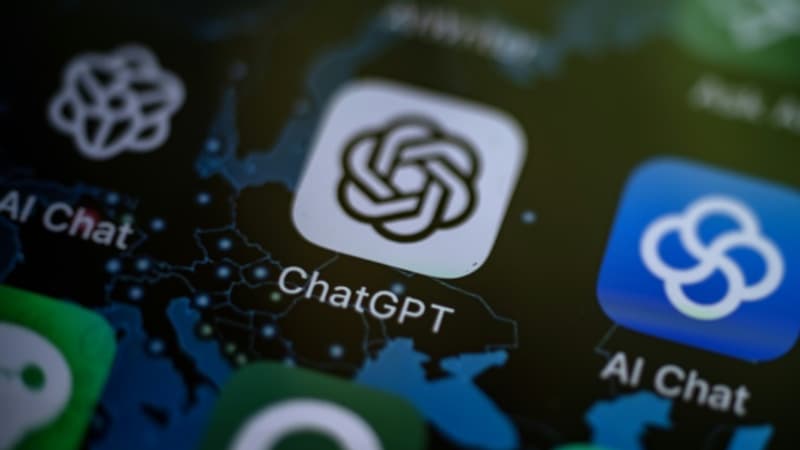On Thursday, September 7, UNESCO called on governments to “rapidly regulate” the use of artificial intelligence tools like the viral chatbot ChatGPT in classrooms, including by restricting their use for younger children.
In a guide published on Thursday, the United Nations considers that public authorities are not prepared to manage the ethical issues linked to the integration of artificial intelligence programs in schools.
The guide suggests that governments define a minimum age for using generative AI, which could not be lower than 13 years. Due to a US law, ChatGPT has already set this limit for these users, but “many commentators believe that this threshold is too low and advocate raising it to 16 years,” the report notes.
“Source of damage and harm”
In schools, replacing teachers with such programs could affect children’s emotional well-being and leave them vulnerable to manipulation, the Paris-based organization warns.
According to the Director General of UNESCO, the French Audrey Azoulay, quoted in a press release, “generative AI can be a tremendous opportunity for human development, but it can also be a source of harm and harm.”
Generative AI programs accessible to the general public have multiplied since the end of 2022, when ChatGPT, created by the Californian start-up OpenAI, demonstrated its ability to generate coherent essays, poems and conversations from concise questions.
This growth has also raised fears about new forms of plagiarism or cheating in schools and universities, without reducing the attractiveness of an educational market considered potentially very lucrative.
The UNESCO recommendation states that artificial intelligence tools have the potential to help children with specific educational needs, for example by generating subtitles, provided that teachers, users and researchers help design them and that governments regulate their use.
Source: BFM TV


